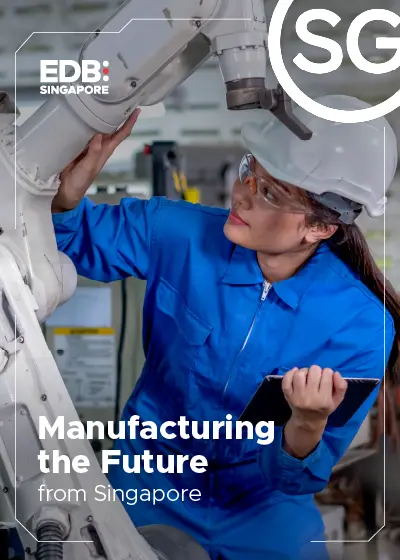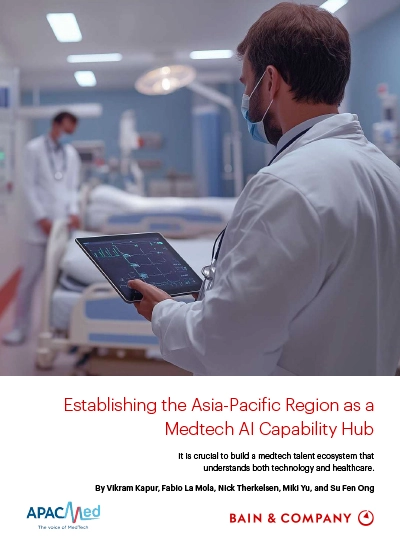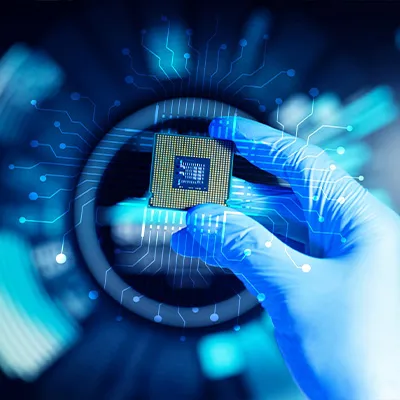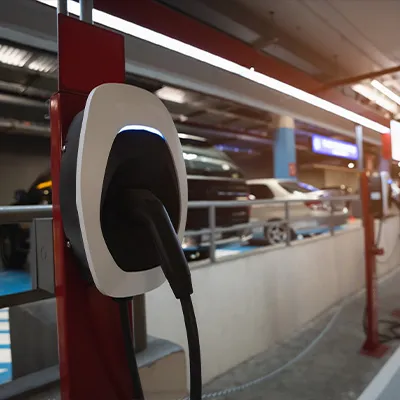To be sited at JTC nanoSpace @ Tampines, the NSTIC (R&D Fab) will initially focus on advanced packaging, a key growth area in the semiconductor industry.
“The NSTIC (R&D Fab) will scale up our capacity to enable similar SMEs (small and medium-sized enterprises) and the broader semiconductor industry here to build new capabilities, develop and commercialise globally competitive technologies, and create high-value jobs in Singapore,” said DPM Gan.
Singapore’s R&D efforts have helped develop a strong pipeline of innovative startups, many of which are deep tech, he noted. To help them tap innovation networks and opportunities overseas, the Ministry of Trade and Industry (MTI) will enhance the Global Innovation Alliance (GIA) to support startups in various growth stages.
This includes the GIA Discovery for startups to get familiar with markets, the GIA Proof of Concept for piloting and the GIA+ initiative for global acceleration.
Nurturing strong enterprises through innovation is part of MTI’s strategy for growth, said DPM Gan.
“We want to nurture Singapore enterprises to become regional or global enterprises,” he said. “We also seek to anchor global industry leaders here to enhance our industry ecosystems, which will benefit local companies and provide good jobs.”
Biomedical R&D
Separately, Second Minister for Trade and Industry Tan See Leng gave details of the S$500 million investment in biomedical R&D infrastructure mentioned in Budget 2025.
He noted that gross domestic product contribution from firms with R&D activities grew to 24 per cent in 2022, from 15 per cent a decade earlier. The number of R&D jobs rose by 7.6 per cent from 2021 to 2022.
“These are signs that our efforts are bearing fruit, and we will invest further.”
The investment in A*STAR’s biomedical infrastructure will extend it to the greater one-north area, which strengthens the R&D ecosystem in two ways, said Dr Tan.
First, A*STAR will be located closer to key partners such as the National University Health System community and venture builders.
Second, it will redesign its laboratories and workspaces to promote interdisciplinary collaboration across research institutes. Separately, the agency will introduce new biopharma manufacturing programmes with partners: the Singapore Cell Therapy Advanced Manufacturing Programme 2.0 (STAMP 2.0) and the Process Accelerator for Cell Therapy Manufacturing (PACTMAN).
STAMP 2.0 will develop lower-cost manufacturing technologies that produce higher-quality products for cell therapy. PACTMAN will develop scalable processes to accelerate the translation of cell therapies, including those developed through STAMP, from lab to clinic.








